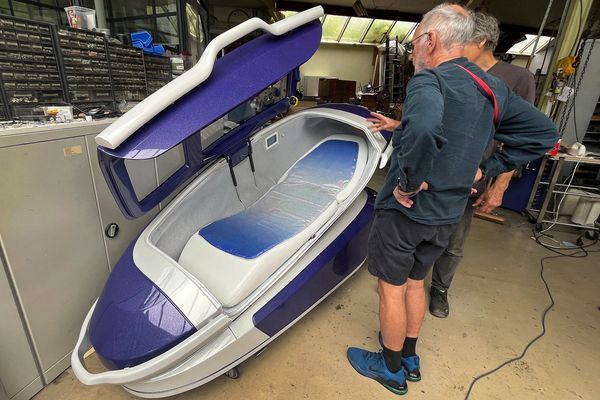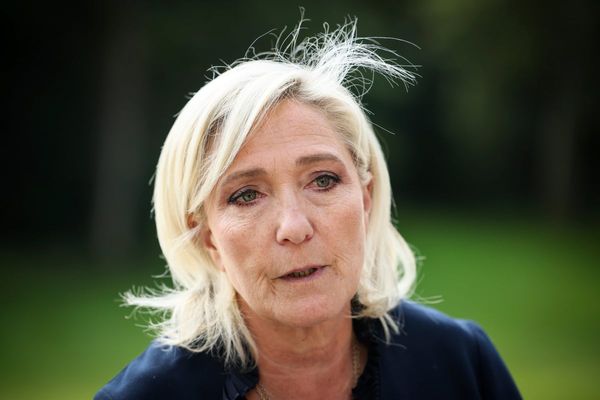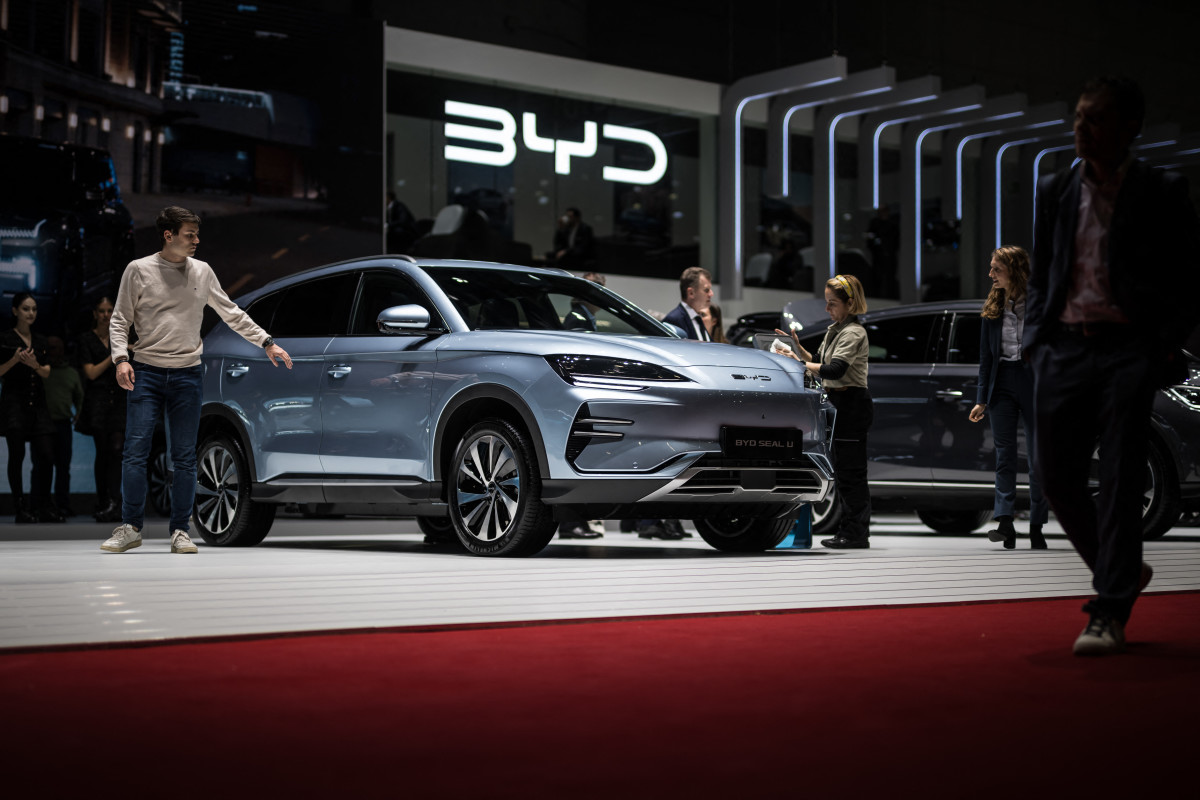
The threat of competition from Chinese automakers is not just a stateside issue, as European automakers brace for wave of low cost EVs from firms like Tesla (TSLA) beating BYD.
Related: Electric vehicle maker facing bankruptcy risk negotiates for lifeline
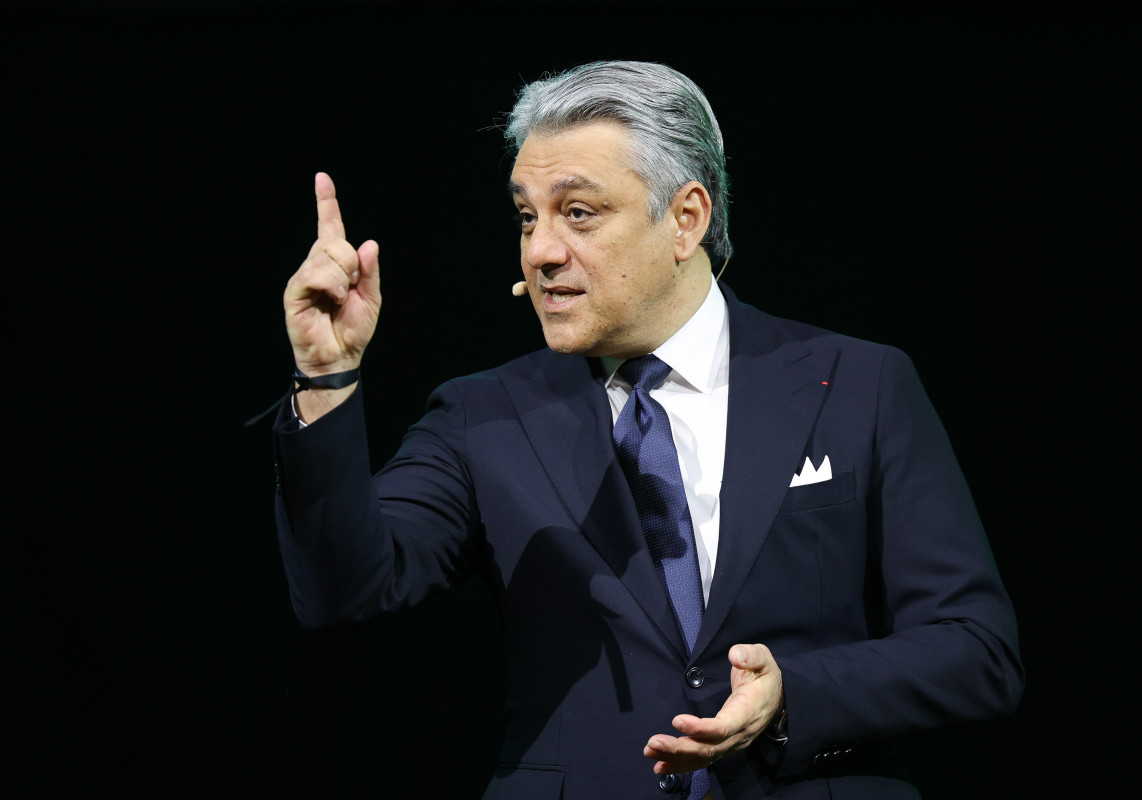
In the wake of European parliamentary elections in June, Renault Group CEO (RNSDF) and president of the Association of European Automobile Manufacturers (ACEA) Luca de Meo sent an open letter targeting the policymakers in Brussels, asking for what he calls a "European Marshall plan" to support the Continental auto industry.
In his 20-page letter published in several languages on March 19, which is dubbed his "Letter to Europe," de Meo outlines several aspects in which the upper echelon of European politics can help the auto industry better compete against a potential wave of low cost Chinese electric vehicles.
Namely, the French auto CEO pointed out that Europe's policymakers need to work together with the private sector to maintain the viability of the region's auto industry, using a well-known example that saw success in another sector.
"I believe that we can achieve our aims through joint efforts and partnerships between the public and private sectors," de Meo wrote. "With Airbus, we have already seen what Europe can do."
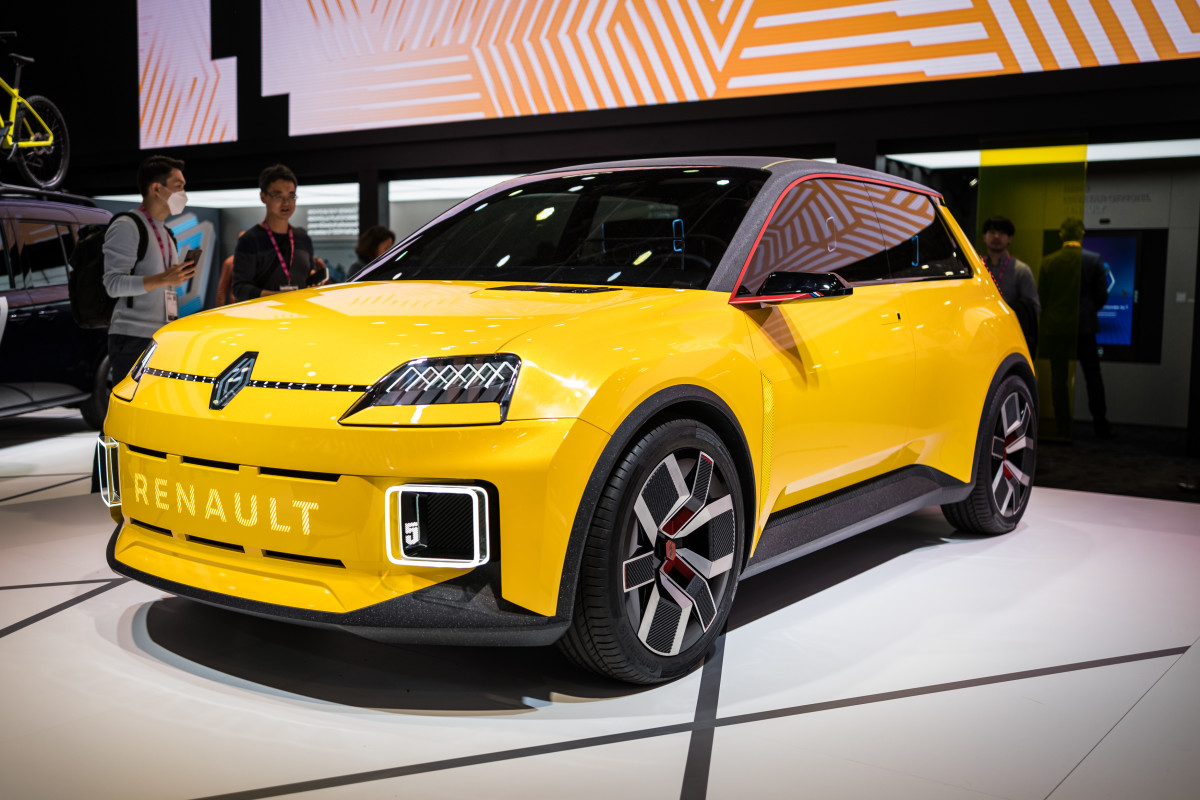
De Meo states that the reason why the Chinese were able to get a leg up in the electric game is because European manufacturers are not in it for the long haul, focusing their attention on the short term, rather than meaningful long-term goals.
"The ecological transition is a team sport,” he wrote. "Under pressure from financial markets, European manufacturers are often forced to focus on short-term profits rather than making the investments necessary for the long term [...] China has solved the problem by consolidating all its forces, including financial institutions, around a single goal."
In his "Marshall Plan," De Meo stated that policies need to be put in place to encourage the development, assembly and purchase of electric vehicles. For starters, he proposes a special European fund similar to the EU's post-Covid recovery plan , which can finance incentives for the purchase of new or used electric vehicles.
Additionally, he proposed the implementation of "special economic zones" modeled after those in China, where companies can receive additional subsidies and tax breaks to encourage the rapid development of EVs.

Though the proposals he suggests are made to fight off and maintain European manufacturers' market share in its own backyard, the Renault CEO maintains that the EU should not have an isolationist point of view, noting that it is "in Europe's advantage to learn from Chinese manufacturers, who are a generation ahead in terms of the performance and costs of electric vehicles".
"Relations with China will need to be managed," he added. "Completely closing the door to them would be the worst possible response."
The attitude presented by De Meo seems to be friendly and progressive in comparison to attitudes stateside, where the threat of Chinese auto imports is a largely bipartisan issue that calls for stiff economic penalties.
More Business of EVs:
- A full list of EVs and hybrids that qualify for federal tax credits
- Here’s why EV experts are flaming Joe Biden’s car policy
- The EV industry is facing an unusual new problem
During his speech at a recent rally in Ohio, former President Trump proposed a 100% tariff on Chinese vehicles coming into the country if he were to be elected, saying that the U.S. auto industry will suffer a "bloodbath" if the incumbent President Joe Biden were to win another term.
"Now if I don’t get elected, it’s going to be a bloodbath for the whole (auto industry) — that’s gonna be the least of it,” he said during the March 16 rally. “It’s going to be a bloodbath for the country."
Related: Veteran fund manager picks favorite stocks for 2024




